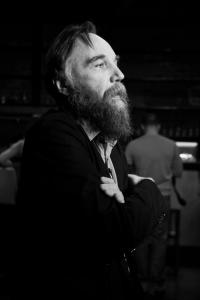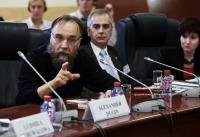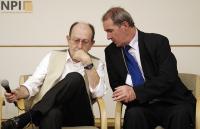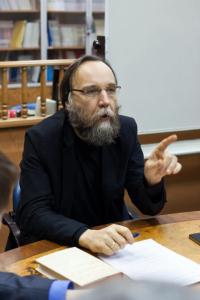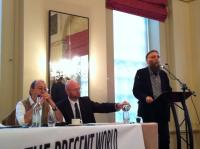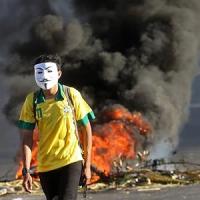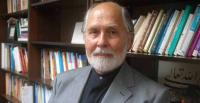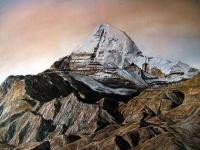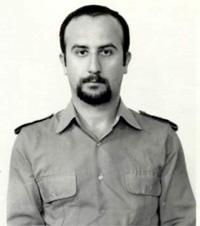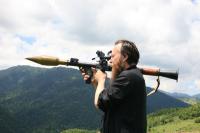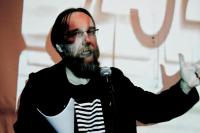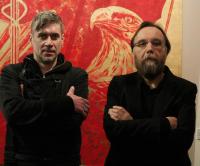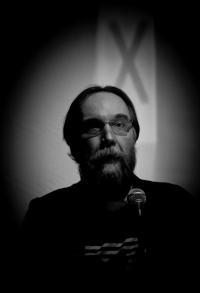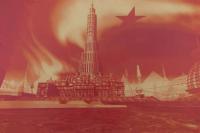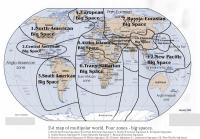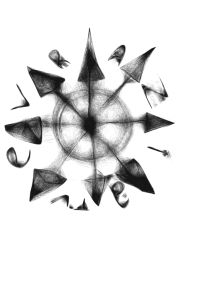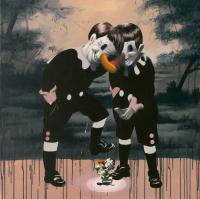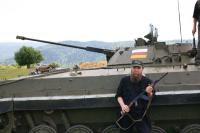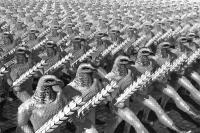THE FOURTH ESTATE
The “nation” as a political formation becomes a synonym of bourgeois society. For nationalists, beyond this society, there exists only a zone of national and social risk. The nation is thought of here as a community of the middle class. And the task consists in integrating the lower layers into the national whole, often with the help of welfare measures. That is why nationalism can possess numerous socialist features, though the ideological basis here is different: pulling the economically weak to the level of the middle class is a task ofnational integration, not a consequence of orientation towards justice and material equality. We see something similar with left liberals, who consider integrating the under-class into broader society as a condition for the stability of the development of the capitalist system.
Nationalism, as a rule, relates negatively to national minorities and especially to immigrants. This is connected with the fact that in the eyes of nationalists, these elements disturb the homogeneity of the national middle class. Moreover, some national minorities are blamed for concentrating in their hands too much material wealth, in other words, those who challenge the national middle class “from above.” Nationalist feelings of injustice are expressed in antagonism towards “oligarchs” and, often times, as “economic anti-semitism,” a sentiment that was not foreign to Marx himself. In turn, other non-nationals (usually immigrants) are blamed for increasing the numbers of the lower strata and underclass, the integration of which is complicated by national differences. A variant of anti-immigrant nationalism consists in the charge that the increase of cheap labor slows the process of enriching the “native” population and the “harmonious” (for nationalists) growth of the middle class.

